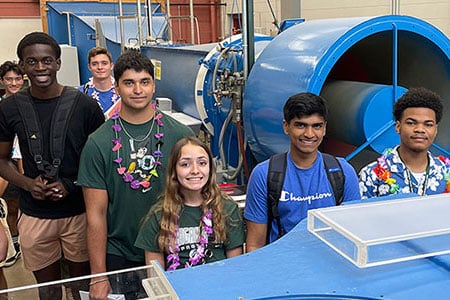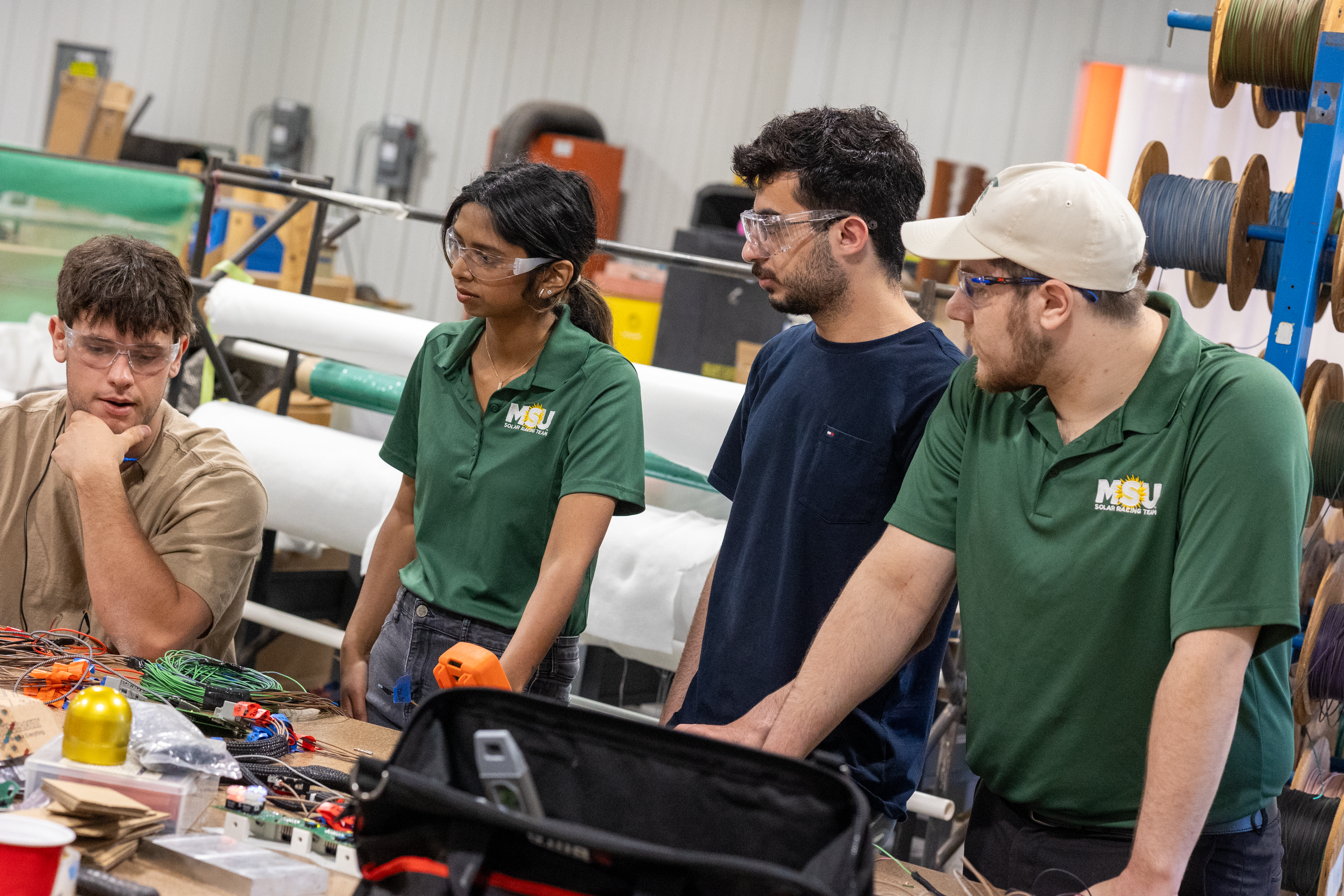Three researchers in the Department of Computer Science and Engineering at Michigan State University will use $775,000 from the National Science Foundation (NSF) in separate projects to enhance wireless communications, digital content, and security applications.
Assistant Professor Huacheng Zeng received a three-year, $400,000 grant on the development of AI technologies for interference mitigation in 5G Open Radio Access Networks (O-RANs).
The increase in wireless applications has created a need for more efficient spectrum management and utilization. Zeng’s research team will design AI-based approaches that enable radio devices, such as smartphones and laptops, to decode their 5G signals in the presence of unknown interference.
The team will also integrate the proposed interference mitigation algorithms into 5G O-RANs and evaluate their performance through comprehensive experimentation. Read more on this NSF grant.
Assistant Professor Yu Kong will use $225,000 over three years for phase 2 on “A User-Centered Platform for Digital Content Integrity.”
The rapid advancement of generative artificial intelligence has made it easier to create and manipulate digital content, posing significant risks as high-quality deepfakes can cause major societal harm to individual people and communities. Current tools for detecting AI-generated content are fragmented and challenging to use.
The team will develop an all-in-one digital content forensics platform designed to streamline the forensic analysis process. By integrating multiple tools into a single platform, it aims to provide a reliable and user-friendly platform for detecting and mitigating the impact of deepfakes. Read more on this NSF grant.
Associate Professor Borzoo Bonakdarpour was awarded $150,000 for a two-year project to enhance a hyperproperties (HyperQB) tool for security and privacy policies in industrial applications.
While there are tools to ensure single systems, currently there is no tool support for ensuring policies, such as privacy. The HyperQB tool will be robust, user-friendly, push-button, and open source while facilitating expanded user bases.
The project will focus on boosting the HyperQB verification engine and improving the front-end of the tool. It will also evaluate case studies from fields of information-flow security as well as detailed comparisons with other existing tools. Read more on this NSF grant.
Written by Patricia Mroczek.
MSU College of Engineering Media and Public Relations page








